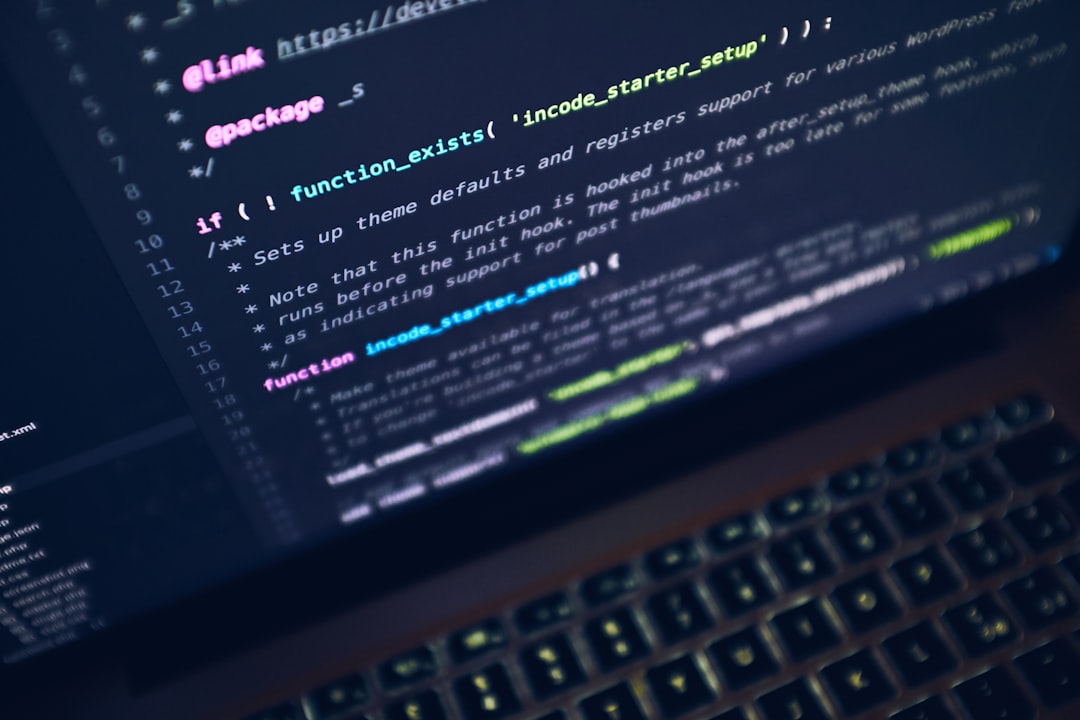
Unlocking Modern Computing Concepts: Machine, Platform, Identity, and Bits
In today’s rapidly evolving tech landscape, understanding the core concepts of modern computing is vital for professionals and enthusiasts alike. The framework of Machine, Platform, Identity, and Bits (MPIB) is essential for grasping the complexities of the digital world. This article delves into each of these components, their interrelation, and their implications on the future of computing.
Machine: The Physical and Virtual Foundations
The term “Machine” encompasses both physical hardware and virtualized resources. From traditional servers to cloud computing platforms, machines are the backbone of any computing environment.
Current Developments in Machine
With the rise of edge computing, organizations are increasingly deploying machines closer to the data source. This shift not only reduces latency but also enhances data processing capabilities. For instance, companies like Amazon and Microsoft are investing heavily in edge computing solutions to bring services closer to users.
Example Use Case
Consider a smart city project where sensors collect data from various locations. By using edge computing machines, data can be processed in real-time, leading to faster decision-making and improved urban management.
Platform: The Ecosystem of Services
A platform serves as the environment in which applications run and interact. Platforms can be categorized into several types, including operating systems, cloud services, and application frameworks.
Emerging Trends in Platforms
The concept of “platformization” is gaining traction, where companies are creating ecosystems that allow third-party developers to build applications on top of their services. Platforms like AWS, Google Cloud, and Microsoft Azure are perfect examples of this trend.
Practical Application
Using a cloud platform like AWS, businesses can leverage a variety of services such as storage, machine learning, and IoT integration, allowing them to focus on development rather than infrastructure management.
Identity: The Digital Representation of Users
Identity in computing refers to how users are recognized and authenticated within systems. With the increasing importance of data privacy and security, identity management has become a critical focus area.
Developments in Identity Management
The advent of decentralized identity solutions, such as blockchain-based identity systems, is transforming how users manage their digital identities. These systems empower users to control their data without relying on central authorities.
Case Study
A notable example is the use of decentralized identity by the Sovrin Foundation, which aims to provide a self-sovereign identity solution that allows individuals to manage their personal information securely.
Bits: The Fundamental Units of Data
At the heart of computing lie bits—the smallest unit of data. Understanding how bits are processed, stored, and transmitted is essential for grasping modern computing concepts.
Bits in Modern Computing
With the rise of big data, the importance of bits has expanded. Techniques like data compression and encryption are crucial for efficiently managing and securing vast amounts of information.
Example of Bits in Action
For instance, in cloud storage solutions, data is often compressed to save space and reduce transmission times. Tools like gzip and bzip2 are widely used for compressing files before uploading them to cloud services.
Conclusion: Integrating the Components
The interplay between Machines, Platforms, Identities, and Bits creates a robust framework for modern computing. Understanding these elements is not just an academic exercise; it’s essential for anyone involved in tech-related fields.
Further Reading and Resources
- Cloud Computing: Concepts, Technology & Architecture
- Decentralized Identity Foundation
- The Importance of Edge Computing
By exploring these resources, you can deepen your understanding of the M-P-I-B framework and its implications for the future of computing.
For anyone looking to enhance their knowledge and skills, utilizing tools like GitHub for version control and collaboration, alongside platforms like Ubuntu for development environments, can significantly improve productivity and efficiency in tech projects.
Feel free to share this article with your network and subscribe to our newsletter for more insights into modern computing concepts.


